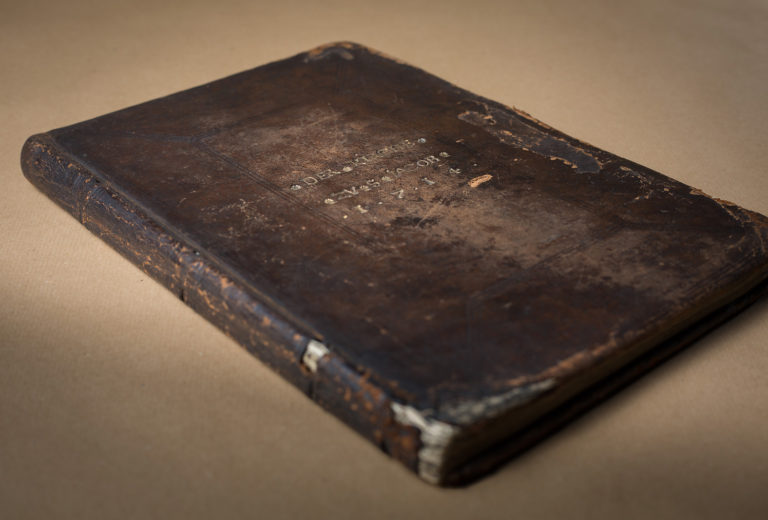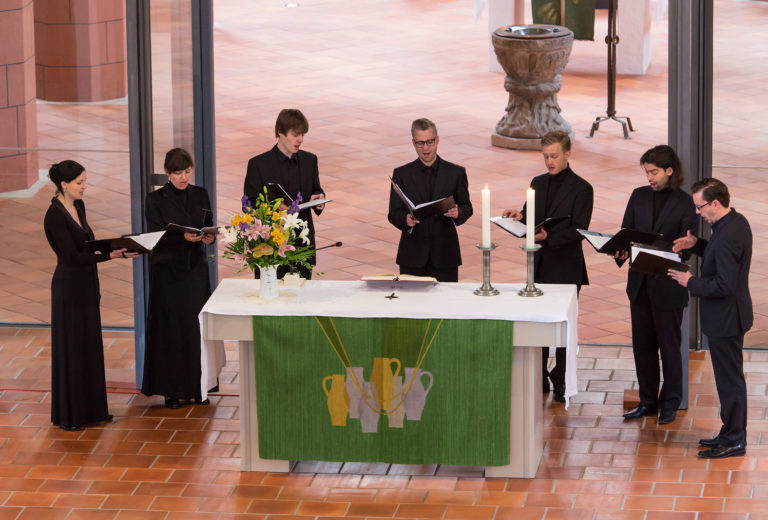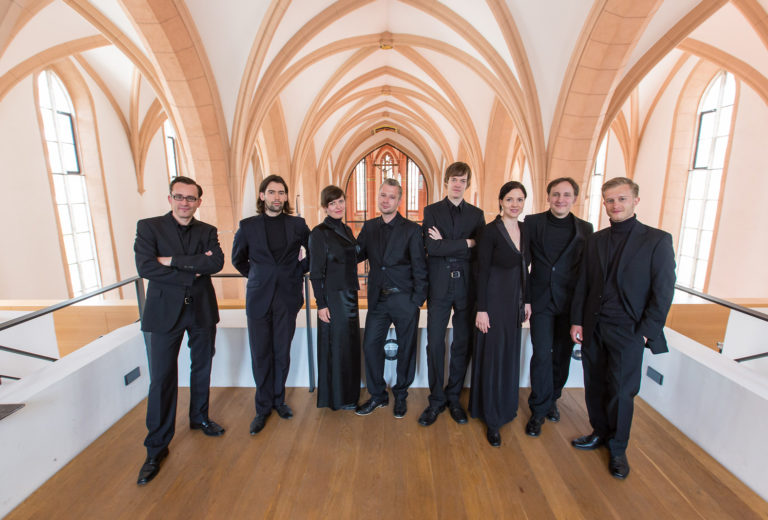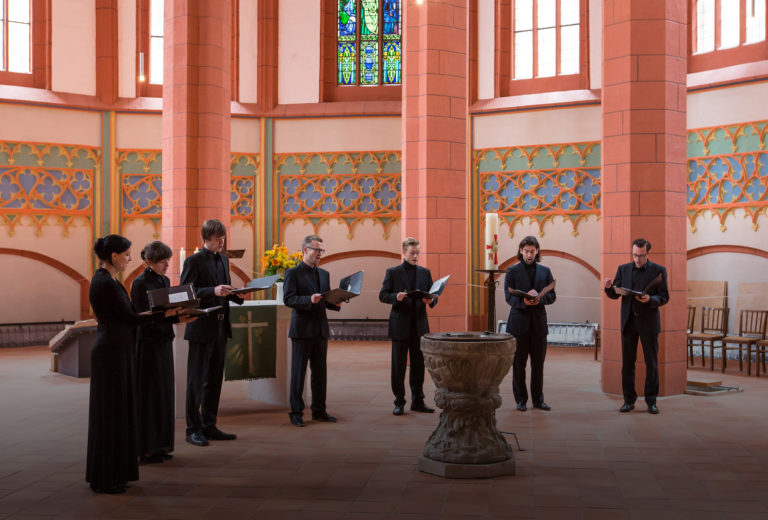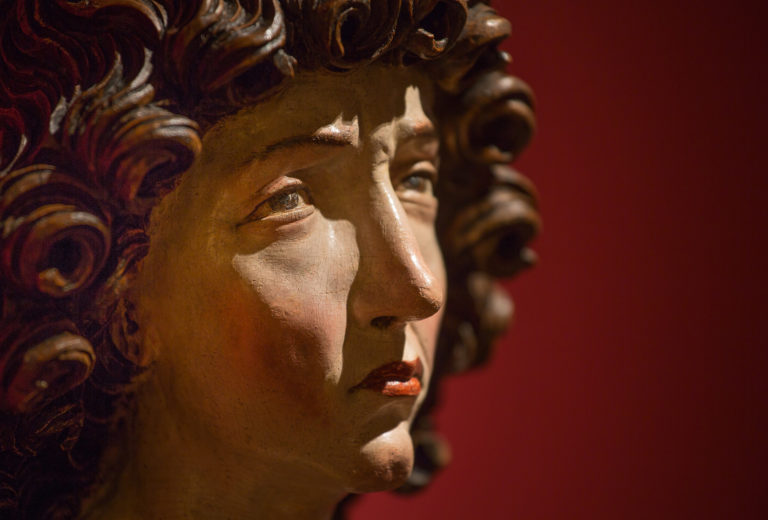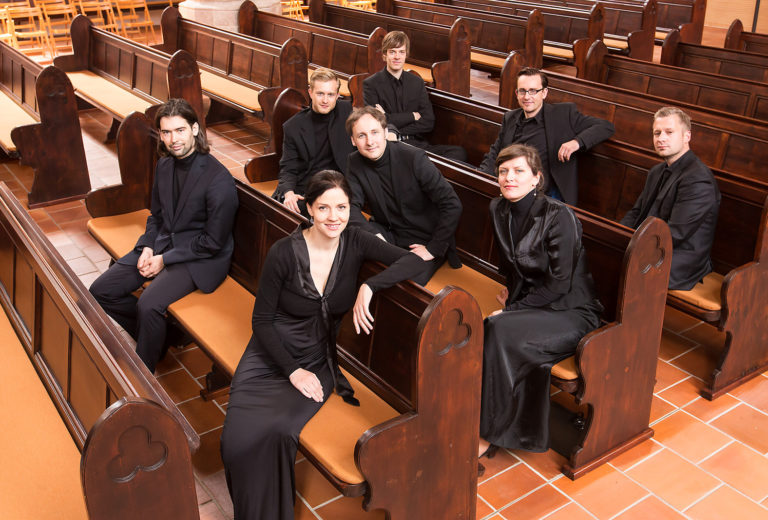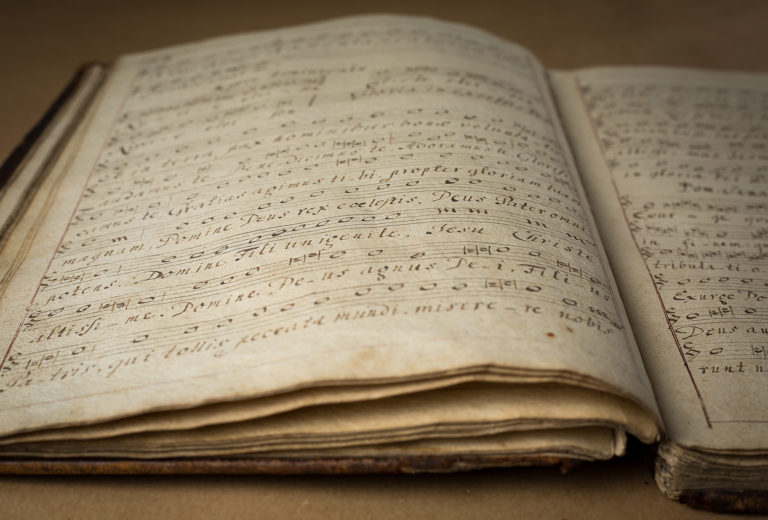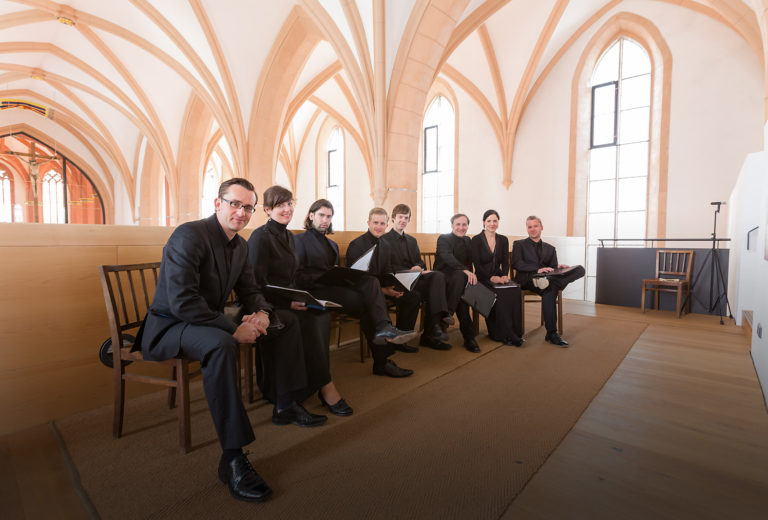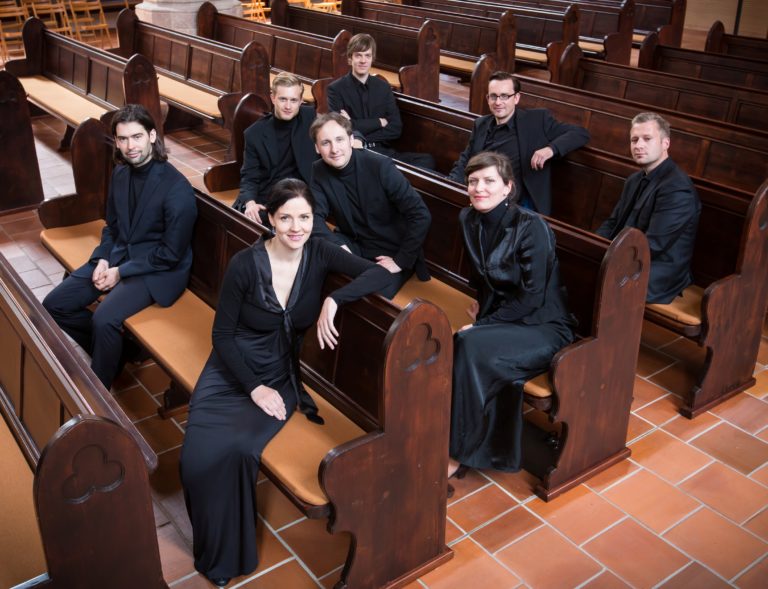In the footsteps of the cultural tradition of the Erzgebirge
ONE PROJECT ONE ENSEMBLE
For Christmas 2007, enthusiastic vocal soloists met for the first time at the St. Jakobikirche in Chemnitz to jointly organize a vesper with their very own saxonian music, mainly from the old town of Chemnitz. The main stimulus for this was a historical missal with polyphonic liturgical songs, which was recently rediscovered in the archieves of church St. Jakobi: the Agenda for St. Jacob from 1714.
These successful musicians, active throughout Europe and even worldwide, have a relationship with the city of Chemnitz and a particulary great love for the cultural tradition of the Erzgebirge environment, which shows significant richness in music historical context. The the long-term aim of the non-profit project “Agenda 1714 e.V.” is, to bring this scientifically editorially precisely uncovered treasure to an appropriate performance as well as to relate it to our present lifes. Thus, on all the high seasons of the liturgical year, tailored musical services can be experienced at the City- and Market- Church of St. Jakobi in Chemnitz.
The singers of the ensembles active beyond the city boundaries and the liturgical framework have given themselves and their cause an accordingly programmatic name: Agenda St. Jacob
“Tradition is entirely different from habit, even from an excellent habit, since habit is by definition an unconscious acquisition and tends to become mechanical, whereas tradition results from a conscious and deliberate acceptance. A real tradition is not the relic of a past that is irretrievably gone; it is a living force that animates and informs the present….Far from implying the repetition of what has been, tradition presupposes the reality of what endures. It appears as an heirloom, a heritage that one receives on condition of making it bear fruit before passing it on to one’s descendants.”
Igor Stravinsky in Poetics of Music 1947
The ensemble Agenda St. Jacob
Based on initial individual occasion-related meetings in Chemnitz, a soloist ensemble with not only in the historical performance practice accomplished members formed over the years . In addition to the liturgical music from the ancient Chemnitz, also sophisticated figurative music from its wider regional heritage, the Saxon-Erzgebirge area is the subject of the common work. Agenda St. Jacob thus conveys a piece of cultural history of a German musical landscape, whereby the ensemble is denominationally non-dependend and institutionally unbound. Depending on the occasion and the repertoire, the ensemble will be expanded and supplemented by instrumentalists. Of particular interest is the work of the Chemnitz-born composer Philipp Deulich, known as Dulichius. The life of the already at his time known pan-European composer who worked in Szczecin(Poland) and died there as well in 1631 opened international collaborations such as with the Instrumental Ensemble for Early Music Consortium Sedinum Szczecin. In addition, Agenda St. Jacob cultivates fruitful links with fellow scientists and artists of other professions. With gratifying response and lasting success Agenda St. Jacob has performed in recent years, among other venues at the Usedom Music Festival, at the Days of Central German Baroque Music and at the Early Music Festival in Szczecin. The ensemble repeatedly follows the invitation of the Dresden Frauenkirche to celebrate the Easter Vigil with this extraordinary music.
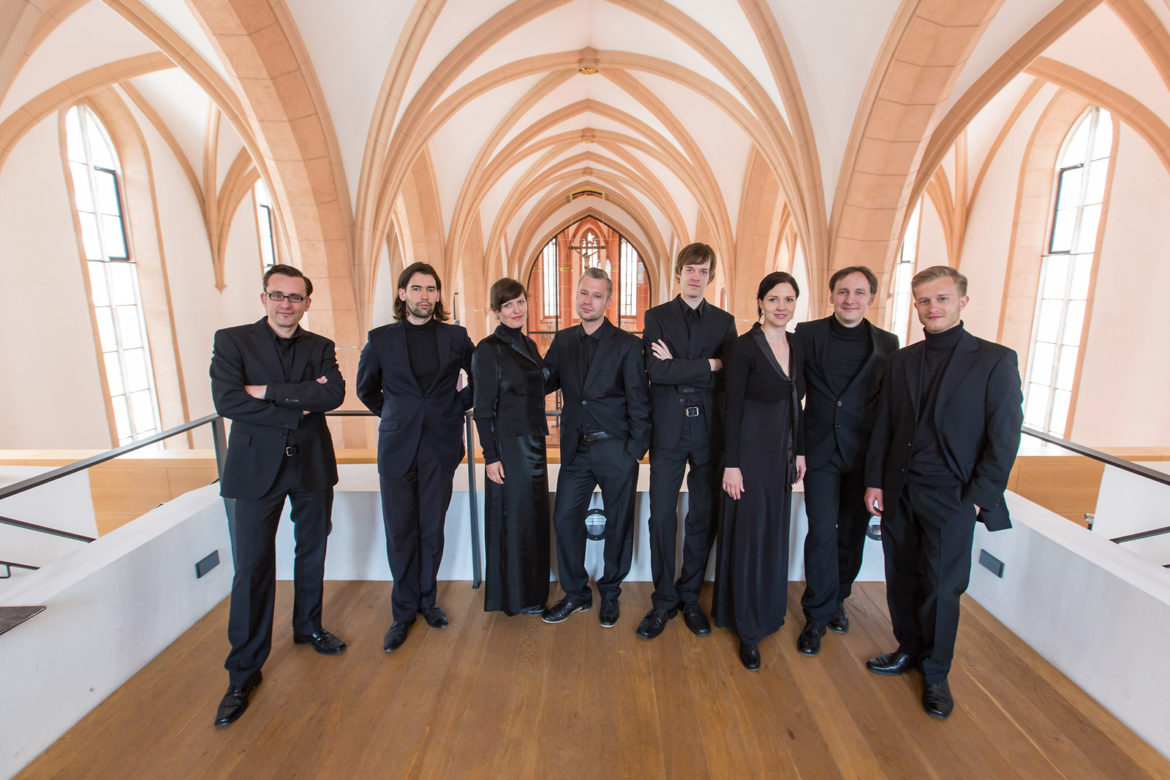
The Singers
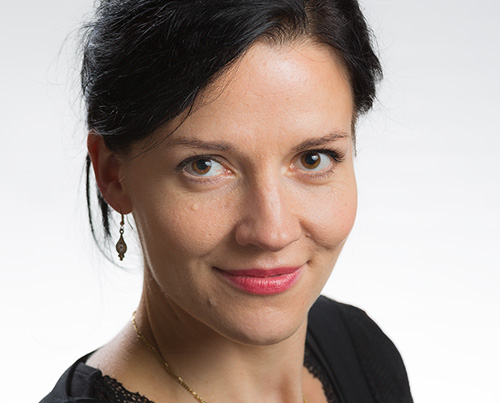
Christine Matschke
Seit der Schulzeit erhielt Christine Matschke Gesangsunterricht zunächst bei Diplom-Sängerin Steffi Schlegel in Leipzig sowie bei Mareike Schellenberger an der Hochschule für Musik in Leipzig...
moreSeit der Schulzeit erhielt Christine Matschke Gesangsunterricht zunächst bei Diplom-Sängerin Steffi Schlegel in Leipzig sowie bei Mareike Schellenberger an der Hochschule für Musik in Leipzig. Weiterführend wird sie von der englischen Koloratursopranistin Deborah York betreut. Konzertreisen und Tonaufnahmen als Mitglied mehrerer renommierter Vokalensembles und mit solistischer Verpflichtung führten sie durch Deutschland, nach Frankreich, in die Niederlande, nach Polen, Spanien, Italien, Tschechien, Ungarn und Japan. Als diplomierte Designerin ist sie nicht nur auf der Bühne tätig, sondern auch als Kostümgestalterin und Ausstatterin u.a. an der Semperoper in Dresden tätig. Der Agenda St. Jacob ist die Sopranistin von Anfang an verbunden.
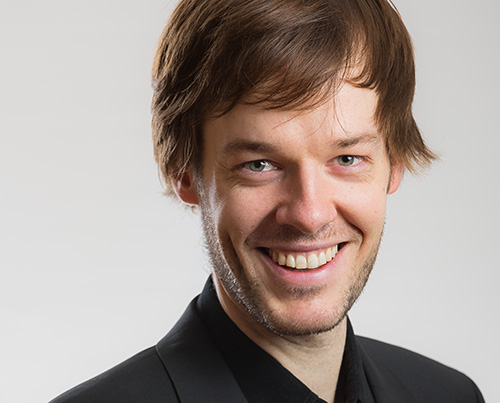
Stefan Kunath
The young German countertenor Stefan Kunath was born in Dresden, where he received his earliest musical training at the well-known Dresdner Kreuzchor boys choir.
moreThe young German countertenor Stefan Kunath was born in Dresden, where he received his earliest musical training at the well-known Dresdner Kreuzchor boys choir. He studied singing with Margret Trappe-Wiel at the Carl Maria von Weber Conservatory in Dresden and received his diploma in 2012. During his studies he appeared in the role of Orpheus in Chr. W. Gluck´s Orpheus und Eurydike at the Kleines Haus of the Dresden State Theater.
In summer 2011 he gave his debut at the National Theater of Brno as Amor in the world premiere of La Dafne, written by Vit Zouhar and Tomáš Hanzlík.
He achieved further important impetus through additional studies and master classes, focusing on early music and historical performance practice with such distinguished musicians as Monika Mauch, Dorothee Mields, Paul Agnew, Wolfgang Katschner, Ercole Nisini and Norbert Schuster.
Beyond the university education Ludger Rémy has been an important and inspiring teacher.
As a soloist he is regularly working with conductors such as Frieder Bernius, Manfred Cordes, Matthias Jung, Wolfgang Katschner, Ludwig Güttler, Ansgar Müller-Nanninga, Hans-Christoph Rademann and Michael Schönheit, in cooperation with ensembles such as Batzdorfer Hofkapelle, Cappella Sagittariana Dresden, Lautten Compagney Berlin, Les Amis de Philippe, Merseburger Hofmusik and Ensemble Weserrenaissance.
Because of his remarkable ensemble skills he also works with ensembles such as ensemble amarcord, Capella Angelica, Dresdner Kammerchor, Sächsisches Vocalensemble and Kammerchor Stuttgart.
A considerable number of CD-productions as a soloist as well as an ensemble singer is a further evidence of his artistic work. Since 2010 he is also involved in an extensive and renowned recording series, which is going to be the first Heinrich Schütz complete recording under the overall direction of Hans-Christoph Rademann together with Carus-Verlag Stuttgart.
Stefan Kunath´s passion is ancient music, especially the music of the 17th and 18th century, but as a member of AuditivVokal Dresden with his director Olaf Katzer he takes a great interest in supporting and performing contemporary music.
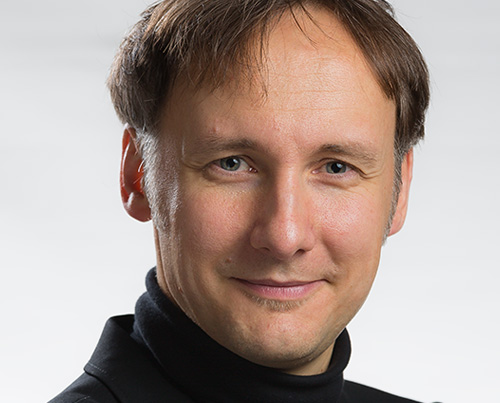
Friedemann Schmidt
Born into a musical home, Friedemann Schmidt dedicated his free time to studies of musicology, art history and private vocal studies. All that besides his medical career in Dresden and Berlin.
moreBorn into a musical home, Friedemann Schmidt dedicated his free time to studies of musicology, art history and private vocal studies. All that besides his medical career in Dresden and Berlin.
...... Als Tenor nutzte er vielfältige Gelegenheiten, chorische und solistische Erfahrung im konzertanten und liturgischen Rahmen wie im Musiktheater zu sammeln. Konzertreisen, Theaterengagements und Tonträgerproduktionen gehören ebenso zu seiner langjährigen professionellen Praxis wie die medizinische Tätigkeit und Wissenschaft. Die Beschäftigung mit dem eigenen musikhistorischen Erbe und das rege Interesse an kulturpolitischen Themen im Europa der Gegenwart führten zur Entwicklung des Projektes Agenda 1714. Konsequent war die Gründung eines leistungsfähigen Ensembles unter dem Namen Agenda St. Jacob.

Dorothea Wagner
Dorothea Wagner studied singing in Dresden with Prof. Christiane Junghanns. Her work focuses on Renaissance, Baroque, Classical and contemporary music.
In 2014 she was accepted into the excellence program "Baroque Vocal" of the Music Academy Mainz.
She received stylistic impulses during masterclasses with Dorothee Mields, Martin Erhardt and in cooperation with well-known conductors and musicians, such as i.a. Les Amis de Philippe, Wolfgang Katschner, Maurice van Lieshout, Matthias Jung, Hans-Christoph Rademann or Rüdiger Lotter...
Dorothea Wagner studied singing in Dresden with Prof. Christiane Junghanns. Her work focuses on Renaissance, Baroque, Classical and contemporary music.
In 2014 she was accepted into the excellence program "Baroque Vocal" of the Music Academy Mainz.
She received stylistic impulses during masterclasses with Dorothee Mields, Martin Erhardt and in cooperation with well-known conductors and musicians, such as i.a. Les Amis de Philippe, Wolfgang Katschner, Maurice van Lieshout, Matthias Jung, Hans-Christoph Rademann or Rüdiger Lotter.
In addition to her solo career, the soprano also work with AuditivVokal Dresden, the Schola Stralsundensis and the Schola cantorum Nürnberg, and was a guest on the ensembles amarcord and Calmus, whose debut concert at New York's Carnegie Hall she was a part of. She regularly collaborates with Lauttencompagney Berlin, Vokal Modern and Freiberger Dom Music.
Concert tours took her to various festivals, including a.o. the MDR Musiksommer, Musica Sacra Maastricht, the Residenzwoche München, the International Echternach Festival and the Kuressaare Chamber Music Days.
For the first time, she appeared in 2015 in "Mise en abyme / Reflexion" at the Semperoper Dresden. Since 2015 she enriches her opera repertoire in lively cooperation with the Serkowitzer Volksoper.
Dorothea Wagner is member of the ensemble Agenda St. Jakob since 2013. Here, she's able to contribute her particulary rich experience in the field of ensemble singing and early music.
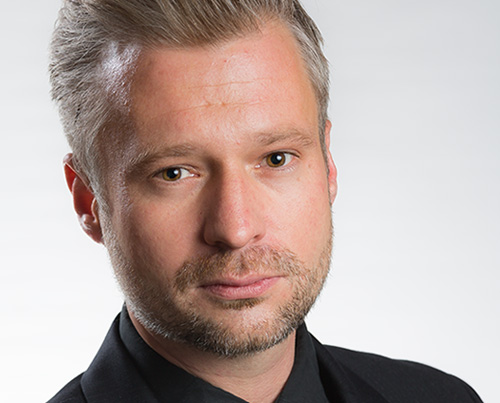
Clemens Volkmar
German tenor Clemens Volkmar was member of the Dresdner Kapellknaben, the boys choir of world-famous Saxon Royal Chapel, where he received a thorough musical education.
moreGerman tenor Clemens Volkmar was member of the Dresdner Kapellknaben, the boys choir of world-famous Saxon Royal Chapel, where he received a thorough musical education. Until 2010, he studied vocal arts with Piotr Bednarski at ''Carl Maria von Weber'' College of Music, augmented with additional courses in theology and pedagogy. Since then, invitations as a concert singer have taken him to musical festivals such as Festival Mitte Europa, Dresdner Musikfestspiele, MDR Musiksommer or Rheingau Musikfestival. Volkmar's passion for ensemble singing led him to work with Hans-Christoph Rademann at the award-winning recording of Heinrich Schütz' complete works, published by Carus Verlag Stuttgart. He has been working on a regular basis with renowned conductors such as Hermann Max, Ludger Remy, Daniel Reuss and James Wood to rediscover and revive forgotten treasures of Baroque music. Appearences with Collegium Vocale Gent and Philippe Herreweghe at Europe's most prominent concert halls have received outstanding responses and were critically acclaimed for their exemplary performance. Volkmar is member of Agenda 1714, whose dedication reads „Soli Deo gloria et ad laetitiam hominum“.
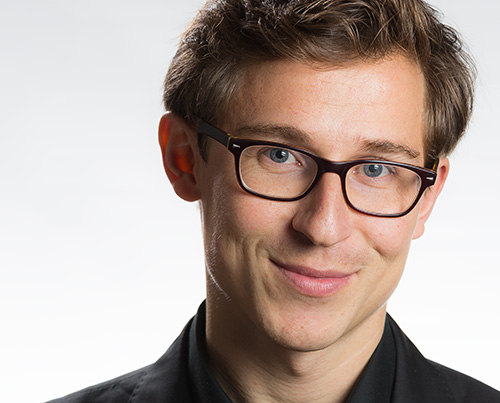
Sören Richter
Born in Chemnitz, Germany, the Tenor Sören Richter began his musical career at the age of eight years as a choirboy in the municipal boys choir of the little Saxon town Freiberg and afterwards as a member of the famous Dresdner Kreuzchor.
moreBorn in Chemnitz, Germany, the Tenor Sören Richter began his musical career at the age of eight years as a choirboy in the municipal boys choir of the little Saxon town Freiberg and afterwards as a member of the famous Dresdner Kreuzchor.
His first operatic appearance he made as one of the Three Boys in Mozart's »Magic Flute« at Semperoper Dresden & Komische Oper Berlin and as Master Cheney in Matthias Pintscher's contemporary opera »Thomas Chatterton« (Semperoper Dresden).
During his study times in opera and concert singing in Frankfurt am Main he participated in master classes with Helmut Deutsch, Angelika Kirchschlager, Tilman Lichdi Kurt Moll and Rudolf Piernay. In this period Sören Richter became a scholarship holder of Yehudi Menuhin's Foundation Live Music Now and of Richard Wagner Scholarship Foundation Bayreuth. In 2014 he received the Rudolf-Mauersberger-Stipendium of the Dresdner Kreuzchor.
Besides his studies he already joined productions of Frankfurt Opera House, Cologne Opera House, State Theater Darmstadt, as well as Rheingau-Musik-Festival, Handel Festival Karlsruhe and several productions of Hessian state broadcasting corporation (HR).
As one of the awardees of the International Audition Competition of Schlossoper Haldenstein (Switzerland, 2009), he sung the role of Dancaïro in Bizets' »Carmen« at the Tonhalle Zurich, conducted by Marcus Bosch. In the past seasons he sung the roles of Vicomte Cascada in »The merry widow« and Doktor Blind in »The Bat« at the Opera National de Lorraine Nancy as well as the Third Jew in Richard Strauss' »Salome« at Monte Carlo Opera House. Furthermore he gave his role debuts as Basilio and Don Curzio in »Le nozze di Figaro« at Sommer Oper Bamberg and as Steersman in »The Flying Dutchman« at Theater Nordhausen.
A special artistic highlight was the rediscovered baroque opera »Sardanapalus« of Christian Ludwig Boxberg, where he interpreted the commedia dell'arte character of funny servant Atrax with big success. This production was also recorded on CD by the Swiss label Pan Classics.
Besides his music theater experiences Sören Richter is a reputable concert singer, working with conductors like Andreas Köhs, Rudolf Lutz, Ralf Otto, Helmuth Rilling and Michael Schneider. His repertoire spans a wide range from the early Baroque works of Monteverdi through Mozart, Haydn, Schubert and Mendelssohn until the compositions of the present. But first of all the young Tenor prefers the vocal works of Johann Sebastian Bach, whose Cantatas, Oratorios and Passions he interprets continuously with great delight. As a well-reputed ensemble singer too, he frequently works with Bachstiftung St. Gallen, Balthasar-Neumann-Chor, Collegium Vocale Gent and Ensemble Polyharmonique.
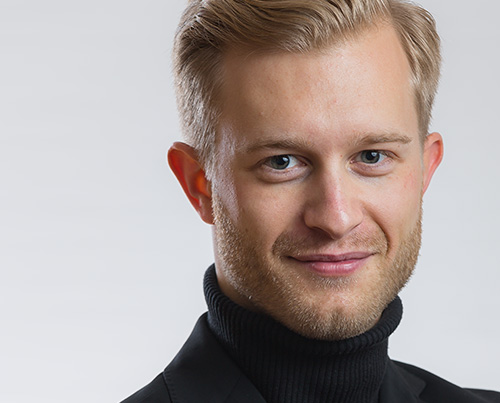
Benjamin Glaubitz
Benjamin Glaubitz received his first musical education in the famous boys choir Dresdner Kreuzchor. He studied at Dresden University of Music with Prof. Margret Trappe-Wiel and in the master class with Prof. Olaf Bär. He also completed master classes with Charlotte Lehmann, Peter Schreier, Dietrich Fischer-Dieskau, Lothar Odinius and Gerold Huber.
moreBenjamin Glaubitz
received his first musical education in the famous boys choir Dresdner Kreuzchor. He studied at Dresden University of Music with Prof. Margret Trappe-Wiel and in the master class with Prof. Olaf Bär. He also completed master classes with Charlotte Lehmann, Peter Schreier, Dietrich Fischer-Dieskau, Lothar Odinius and Gerold Huber.
Among others, he played with renowned ensembles such as the Hamburg Philharmonics, Tonhalle Orchestra Zurich, Staatskapelle Dresden, Dresden Philharmonics, Dresden Baroque Orchestra, Lautten Compagney Berlin, La Partita Zurich, Bach Collegium Stuttgart, Collegium1704 Prague, Staatskapelle Halle, Symphony Prague, Hong Kong Sinfonietta and Dresdner Kreuzchor and sang with well-known conductors such as Karl-Friedrich Beringer (Munich Philharmony), Fabio Bonizzoni, Alessandro De Marchi (Hamburg State Opera), Ludwig Güttler, Wolfgang Katschner, Ekkehard Klemm (Dresden State Opera), Joachim Krause (Tonhalle Zurich), Roderich Kreile, Václav Luks, Matteo Messori, Tomáš Netopil (Dresden State Opera), Markus Poschner (Dresden Philharmony), Hans-Christoph Rademann, Helmuth Rilling (Stuttgart, Chile and Hong Kong) and Jörg-Peter Weigle.
Concerts as a soloist or with ensembles such as Collegium Vocale Gent led him to numerous European, Asian and South American music centers. The following projects include concerts as evangelist in Bach's St. Matthew Passion under the baton of Reinhard Goebel.
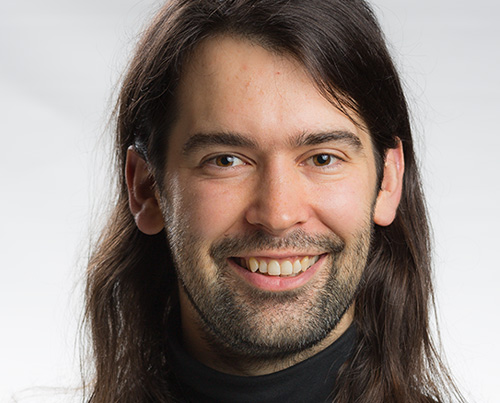
Georg Streuber
Georg Streuber began his vocal training under Sebastian Richter's and Regina Köhler's guidance in Chemnitz. He attended the Landesgymnasium für Musik Dresden as Prof. Matthias Weichert's student from 2005 to 2007 and took courses at the academy of music "Carl-Maria von Weber" in Dresden until 2013.
moreGeorg Streuber began his vocal training under Sebastian Richter's and Regina Köhler's guidance in Chemnitz. He attended the Landesgymnasium für Musik Dresden as Prof. Matthias Weichert's student from 2005 to 2007 and took courses at the academy of music "Carl-Maria von Weber" in Dresden until 2013.
He attended master classes and workshops with Camilla Nylund, Martin Snell, Henry Didier, Gerold Huber, KS Magdalena Hajóssyová, Evelyn Herlitzius and Allison Oakes.
In 2005 and 2007 he was the awardee of the German National Youth Competition „Jugend musiziert“. Furthermore, he convinced the audience at the Duschek-Competition of the Mozart Foundation in Prague. He came first in this competition in 2011 after already having shown his expertise in 2006 when he was the first international awardee. The first prize for Lied interpretation he gained in 2012 at the inernational Lions singing competition Gut Immling in Bavaria.
lied
Artist in residence at the Festival “DeinLied”: Rothenburg o.d. Tauber, 2016.
Lied recitals: Cluj/Romania- 2011, Dresden/Germany- annually 2010-2016.
solo concerts:
-J.Brahms "Die schöne Magelone", Ulrike Siedel-piano, Frank Höhnerbach-narrator: Villa Esche Chemnitz- 2015
- G.Mahler "Lied von der Erde", for chamber orchestra, A. Schoenberg, Konzertsaal HfM Dresden- 2012
- G.Mahler "Rueckert Lieder" with Prof. Christian Kluttig, Konzertsaal HfM Dresden-2012
-W.A.Mozart/M.Eggert/F.Poulenc: Afra Su-piano: Mozart Festival Cluj- 2011
- G.Mahler "Songs of a wayfarer" Teatro Pavarotti, Modena
direttore d'orchestra: Andrea Barizza-2011
ensemble
- Founding member of Ensemble Agenda St. Jacob, Chemnitz- 2011 to present
- Bayreuther Festspielchor: 2012 - present
- Berlin Radio Choir substitute: 2012- present
- RIAS chamber choir, Berlin: intern, 2011
- Dr. Würmchen in “Vogelhändler” by Carl Zeller:Theater Plauen-Zwickau-2017
- Graf Oskar in “Ritter Blaubart” by Jacques Offenbach:Theater Plauen-Zwickau-2016
- Gangster in "Kiss me Kate" by Cole Porter:Theater Plauen-Zwickau-2016
- Brother and the Monster in "Puss in Boots" by César Cuj:Theater Plauen-Zwickau- 2015
- Count Almaviva in "Cherubino mischt sich ein" after W.A.Mozart: Theater Plauen-Zwickau- 2014
- The Mandarin and The Juggler in Hans Gál‘s comic opera „Die heilige Ente“(The Sacred Duck): 100° Festival Berlin- 2011
- Mr. Winterbottom and Dr. Nischel in the premieres of „Dinner for one“ and „Der Narr im Waisenhaus“ by Martin Hecker: Semperoper Kleine Szene, Dresden- 2010
- Dr. Cajus in „The merry wifes of Windsor“: Opern Festspiele Bad Hersfeld- 2009
- Papageno in Mozart‘s magic flute: Theater Freiberg, Theater Döbeln and Stadthalle Chemnitz- 2007
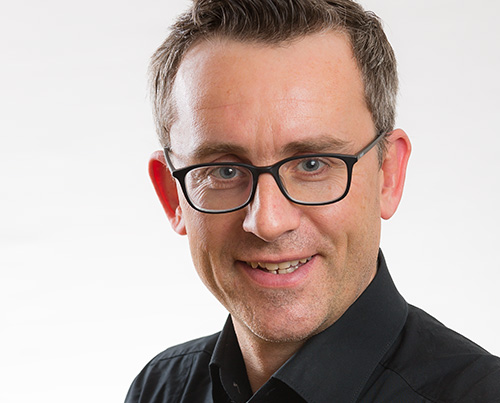
Johannes G. Schmidt
Johannes G. Schmidt grew up in a family of musicians and thus gained his first experience with the music of Bach, Schütz and Handel at an early age.
moreJohannes G. Schmidt grew up in a family of musicians and thus gained his first experience with the music of Bach, Schütz and Handel at an early age. He initially studied school music and special needs education before he took up studying vocals at the Dresden Conservatory. After graduation, he pursued postgraduate studies as a member of the lied and concert class under Olaf Bär and Christian Elßner. Additionally, study visits let him to the Wroclaw Conservatory (Poland).
Owing to his confident and expressive interpretation he is a sought-after soloist, especially in the field of early music. He collaborates with leading ensembles throughout Europe and Asia, such as the Lautten Compagney Berlin, Capella Augustana Bologna, Dresdner Kapellsolisten, Batzdorfer Hofkapelle, Neues Bachsches Collegium musicum Leipzig or Wroclaw Baroque Orchestra.
His wide repertoire ranges from Renaissance to contemporary music and he also appeared in various premiere performances. Thus, orchestras like the Staatskapelle Dresden, the Gewandhaus Orchestra Leipzig and the Dresden and Sofia Philharmonic Orchestra are also among his musical partners. Furthermore, he performed in opera productions, for example at the Sächsische Staatsoper.
Lately, he has increasingly focused on lieder recitals. Accompanied by the pianist Annegret Reich, he performs recitals throughout Germany.
Regular radio and television productions as well as CD recordings (e.g. the complete recordings of the works of Schütz for Brillant Classics) demonstrate the wide variety of his work.
The bass-baritone appears regularly at important festivals, both nationally and internationally. Among them are the Leipziger Bachfest, Festival Bologna, Prague Spring International Music Festival, Milan-Turin Music Festival, International Wrateslawia Cantans, Festival of Early Music Utrecht, Deutsches Mozartfest, Filharmonica Romana, Rheingau Musikfestival and the Deutsche Schützfest.
Künstlerwebsite
Das Repertoire
THE AGENDA FOR ST. JACOB OF 1714
The Chemnitz Missal from the Jakobikirche
At the City and Market Church of St. Jakobi in Chemnitz, on the high feast days of the liturgical year, the services are kept in their own form. It follows mostly the Lutheran Missa brevis with polyphonic liturgical songs according to the historical agenda of the Jakobikirche in Chemnitz from the year 1714. The historical Missal, which was found in the church archives of the Jakobikirche, chose for the cantor and his choristers certain often far older liturgical latin chants than what would have been contemporary fashion. These range from unanimous psalmody to four-part alternating chants(responsories), to the magnificent six-voice acclamation and prefecture, the festive high and low prayer that is reserved for the holidays. The chemnitz agenda weights great importance to the lively music making between the liturgically psalmoding alternating chants, the church chorale and the figurative artistic “Ziersang-sung adornment”. The spiritual experience and high artistic enjoyment enter into a close connection, which leads to the the deeper sense of spiritual experience through proclamation sung in an aesthetic way. This kind of musical service celebration not only seeks its equal in Chemnitz, but is also superregionally unique.
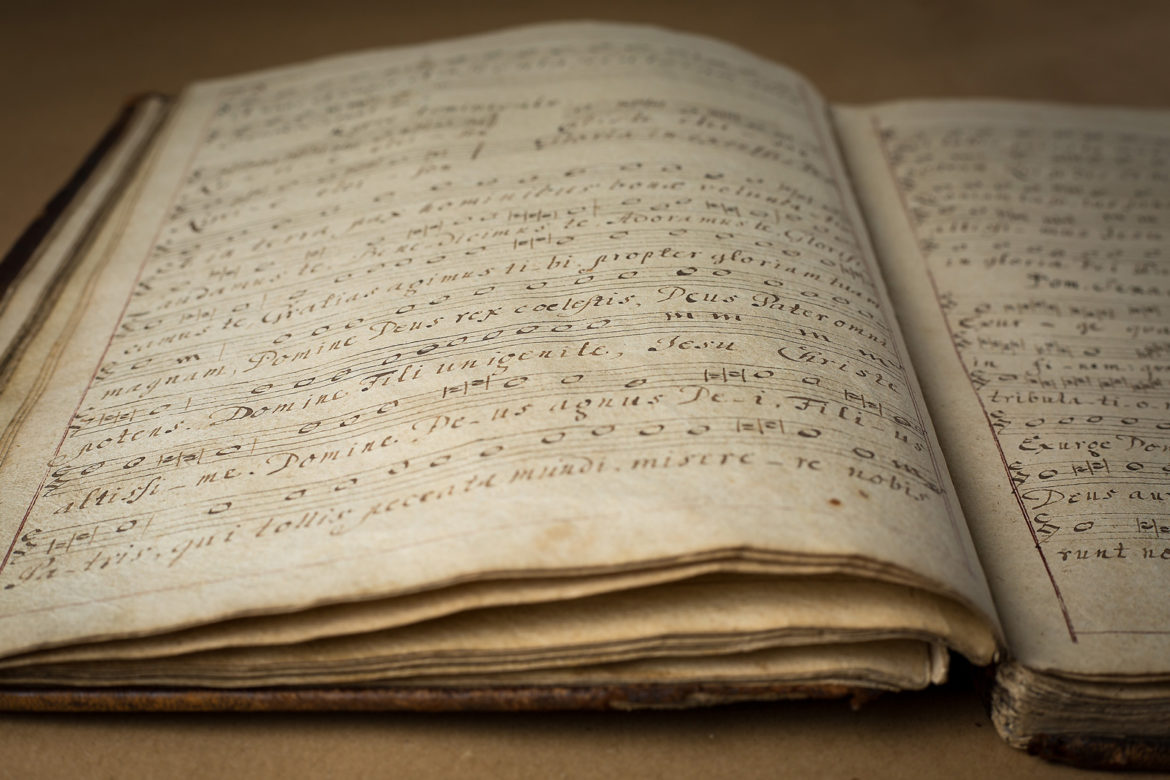
PHILIPP DULICHIUS
In the repertoire of the Agenda St. Jacob the work of a son of the city of Chemnitz should come to particular advantage. Philipp Deulich, called Dulichius, was the son of clothiers, councilors and multiple mayor Caspar Deulich from Chemnitz. After studying in Leipzig and Wittenberg, he joined a position as cantor at the Princely Pädagogium in Szczecin in 1587. From 1618, the title of professor is occupied. He was responsible for the church music at St. Mary’s Church, the musical education of Lyceum students but also for the music at the court of the Pomeranian dukes. After 43 years of service, he resigned in late 1630 and died the following year in Szczecin. According to current knowledge, Philipp Dulichius composed 233 elaborate and beautiful motets, which had spread throughout Europe during his lifetime and now await rediscovery. Only recently they were summarized in a catalog raisonné by Otfried von Steuber (Marburg). However, a uniform and complete parformance-friendly full edition of this outstanding oeuvre still requires perfection. At least one of the master’s motets can always be heard in the programs of the Agenda St. Jacob.
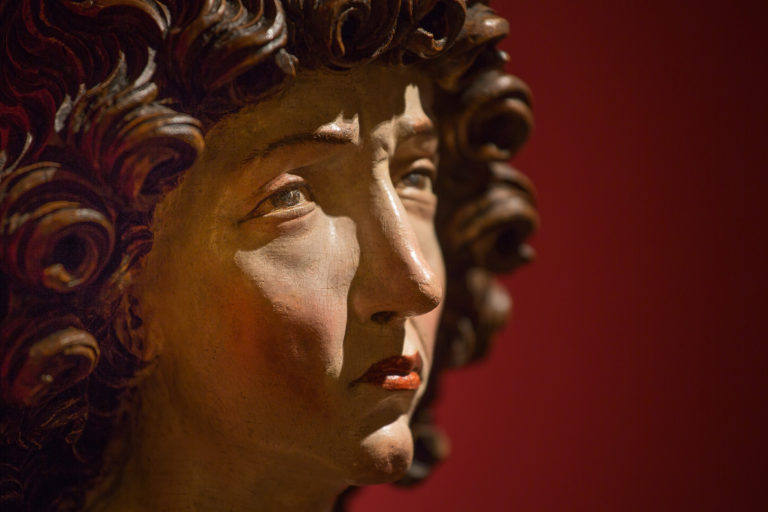
Presse-Echo
Freie Presse|23.04.2011
Dass man die Gesänge Ostern 2011 erstmals wieder hören kann, ist dem Engagement junger Vokalisten zu danken und ihrem immensen Probenfleiß. Sie sind zumeist in Chemnitz aufgewachsen und heute in ihren Berufen oder im Studium deutschlandweit unterwegs, kehren jedoch zu hohen Festtagen immer wieder zurück. In den letzten Jahren hatten sie bereits die Christmetten in der Jakobikirche künstlerisch absolut hochstehend nach der Agenda von 1714 ausgestaltet. Mit dem Namen „Agenda 1714“ bekräftigen die Sänger ihre Absicht, die Kirchenmusik an der St. Jakobi-Kirche zu pflegen, insbesondere die Werke alter sächsischer Meister wie Philipp Dulichius und Balthasar Crusius.
Thanks to the dedication of young vocalists and their immense rehearsing efforts, these chants can be heard again for the first time in Easter 2011. Most of them grew in Chemnitz and live today spread across Germany in their occupations or in study. But they ritually return to their town of birth for high christian festivity days. In recent years, they had already liturgically shaped the Christmas vespers in the Jakobikirche - according to the agenda of 1714 composed by Philipp Dulichius. Under the name "Agenda 1714", the singers affirm their intention to cultivate church music at St. Jakobi Church, in particular the works of old saxon masters such as Philipp Dulichius and Balthasar Crusius.
orietur occidens|06.01.2012
An evangelical Christmas vesper is a kind of Missa sicca for Christmas. There are songs sung by the people, but very few; Otherwise, an outstandingly good "Chorus musicus à 8" is singing, meaning it is consisting of eight singers. They perform "figural music" from late renaissance and early baroque, but also Gregorian chant occurs. For the psalm «Quare fremuerunt gentes», they divide into two four-part half choirs, which sing strictly in parallels - an organum durum, as it were directly taken from the Musica Enchiriadis. The sound: rousing. As great as the ensemble may be, there is no applause; after all, it is a service.
Concerto|07.06.2015
In the spirit of a nowadays again possible German-Polish musical cooperation in memory of Dulichius, the Saxon vocal ensemble Agenda St. Jacob from Chemnitz and the Szczecin instrumental ensemble Consortium Sedinum performed in the Evangelical Church of St. Mary in Usedom. Both were celebrated with excited applause by a delighted audience.
The project Agenda 1714
THE CULTURAL ORGANIZATION AGENDA 1714 e.V.
What does Agenda 1714 e.V. stand for?
• Research and teaching of cultural history from the Saxon-Erzgebirgian area
• Presentation and contemporary reflection on music-historical cultural heritage in a European context.
What does Agenda 1714 e.V.?
• Development of thematically designed event concepts (concerts, church services, conferences, workshops)
• Cooperation with private and public institutions, educational institutions and artistic partners for regular events at a few but central and significant urban locations with a supraregional appeal and within the European cultural exchange.
• Stimulating scientific and political discourse as well as contemporary artistic interaction with the historical heritage through editorial activity, commissioned works and public education projects.
THE CHURCH ST.JAKOBI IN CHEMNITZ
The Jakobikirche is next to the buildings of the former Benedictine monastery on the Schlossberg the most valuable monument of the city of Chemnitz from pre-industrial times. Its historical significance goes far beyond Chemnitz. Since its founding, St. Jakobi has been the church council and citizenry, and until the 19th century, together with the Council and the Gewandhaus, it was the spiritual center of the city.
The high-Gothic hall church with retrochoir was created in several stages between 1350 and 1412 on the foundations of an older Romanesque complex. These could be determined during excavations after 1945. Throughout the centuries, various alterations have changed the appearance of the church again and again. The most serious destructive impact was the destruction on March 5, 1945. Together with the Chemnitz city center, the Jakobikirche fell to debris and ashes. Since 1949, only the retrochoir, which was furnished as an emergency church, could be used again. The interior design of the nave dragged on with long interruptions until 2009. The resurrection of the city- and market-church took place in 2012 with the provisionally renovation of the Gothic choir room.
dates
friends and partners
SUPPORT THE ENSEMBLE AGENDA ST.JACOB
Thanks to the generous help of many donors and supporters, the work of the Agenda St. Jacob is made possible. We kindly ask you to support the project from Chemnitz with a collection when visiting the events or through a donation. Donations are certified and fiscally recognized by the tax office.
Förderverein St. Jakobi
IBAN: DE56 8709 6214039900 1714
BIC: GENODEF1CH1
Volksbank Chemnitz
Verwendungszweck: Agenda 1714
You may as well contact us direclty to discuss alternative forms of support.
contact us
Agenda St. Jacob
Friedemann Schmidt
Fehrbelliner Straße 39
D-10119 Berlin
Germany
Fon +49(0)30 58893463
info@agenda1714.de
Agenda 1714 e.V. Chemnitz
Chairman: Johannes G. Schmidt
info@agenda1714.de




